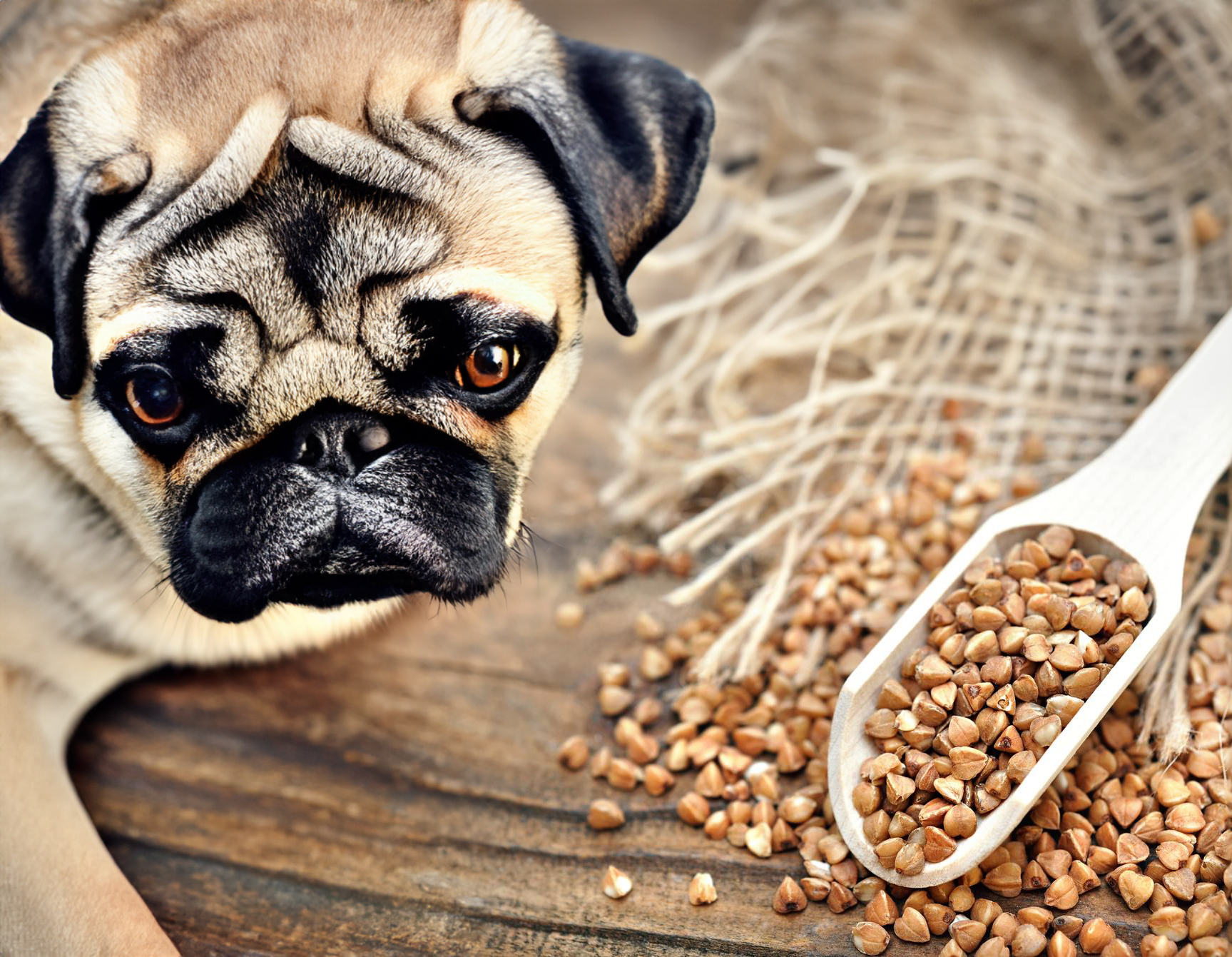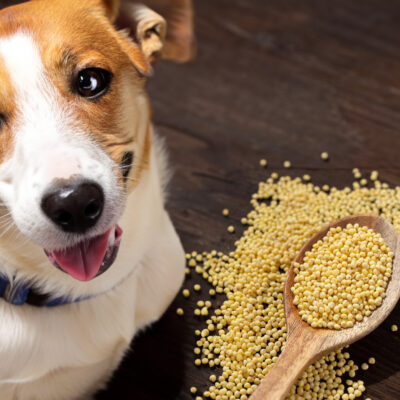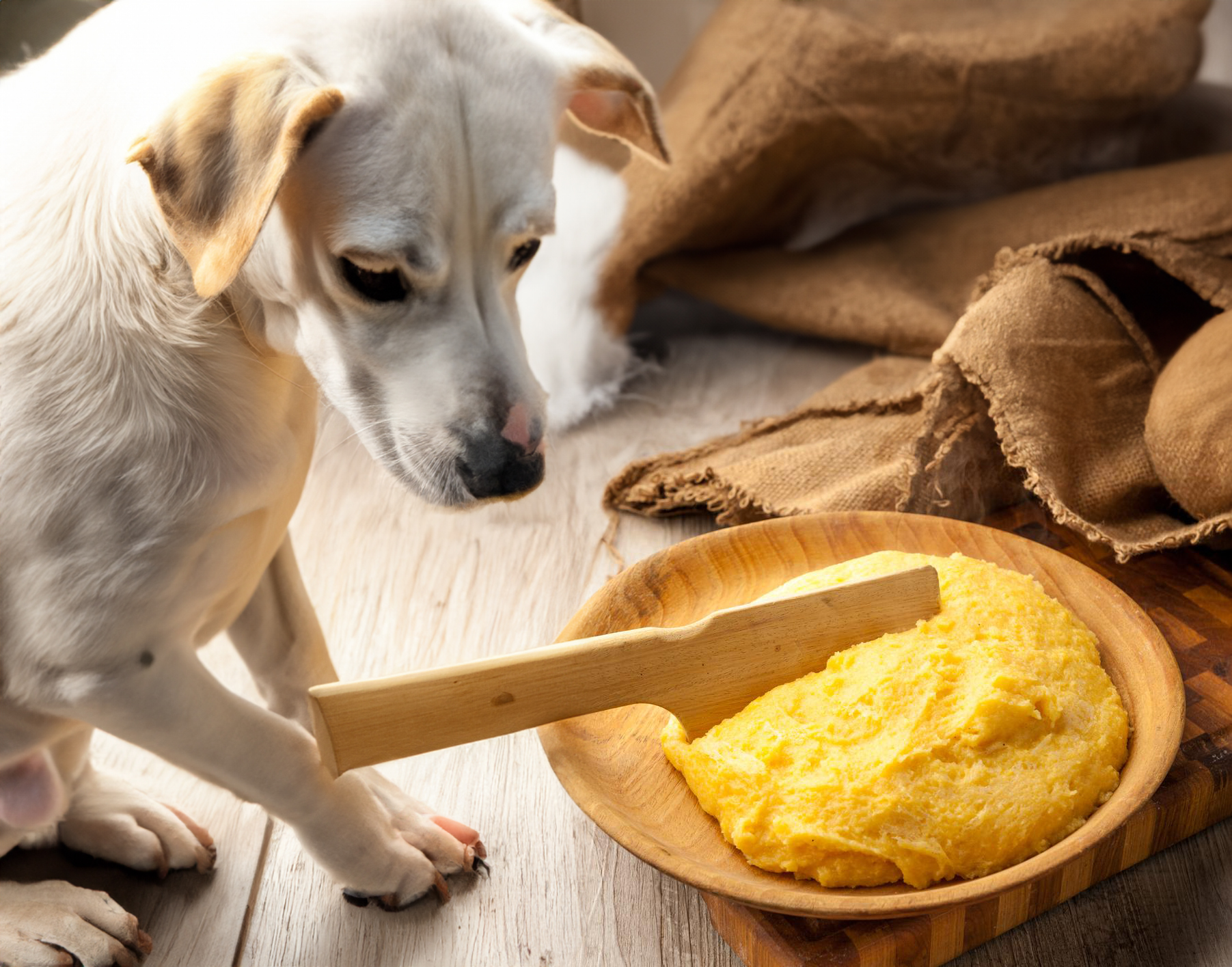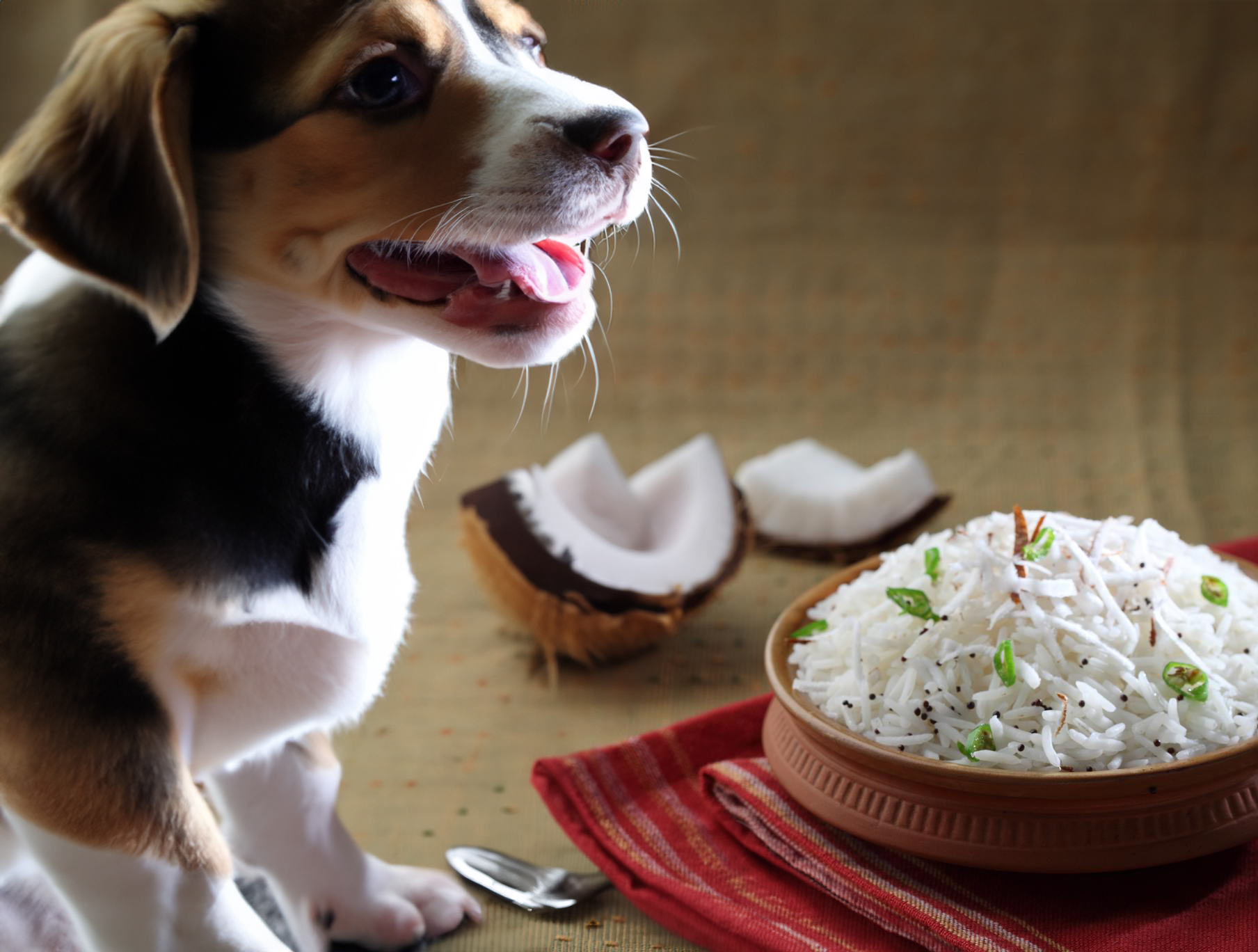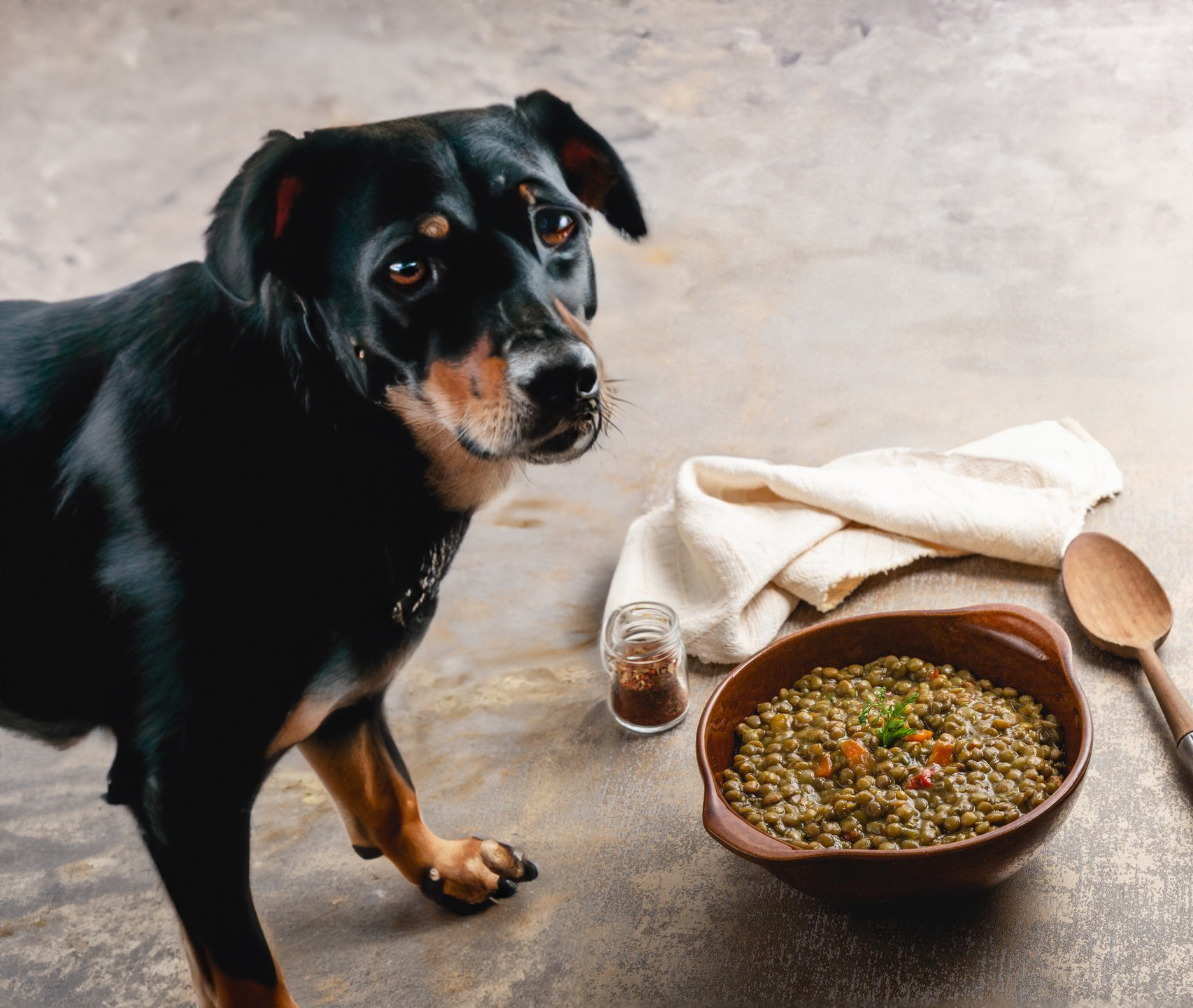Buckwheat is a nutritious and often overlooked grain that can be a great addition to your dog’s diet. While it’s not a grain typically associated with dogs, buckwheat can provide many health benefits for your pup. From aiding digestion to providing an energy boost, buckwheat is a great source of vitamins and minerals that can help keep your pet in peak condition. In this blog post, we’ll discuss the benefits of buckwheat for your four-legged friend and how to incorporate it into their diet.
What is Buckwheat?
Buckwheat is a versatile and nutrient-rich grain that has been a staple in many cultures for centuries. Despite its name, buckwheat is not a type of wheat, but rather a pseudocereal. It is gluten-free and packed with essential vitamins and minerals, making it a great choice for both humans and dogs.
Buckwheat has a distinct nutty flavor and a unique triangular shape. It is rich in fiber, which aids in digestion and helps maintain a healthy weight. Additionally, it is a good source of protein, which is essential for muscle growth and repair in dogs.
This grain is also abundant in antioxidants, such as rutin, which can help reduce inflammation and boost your dog’s immune system. Moreover, buckwheat contains essential minerals like magnesium, phosphorus, and iron, which are crucial for bone health and overall wellbeing.
Overall, buckwheat is a highly nutritious grain that can provide a variety of health benefits for your furry friend.
The Benefits of Buckwheat for Dogs
Buckwheat offers numerous benefits for our four-legged friends. First and foremost, its high fiber content promotes healthy digestion, aiding in the prevention of constipation and regulating bowel movements. This can be particularly beneficial for dogs with sensitive stomachs or gastrointestinal issues.
Additionally, buckwheat is a great source of energy, providing a slow and sustained release of carbohydrates. This can help keep your pup feeling full and satisfied throughout the day, reducing the urge to overeat.
Moreover, the antioxidants found in buckwheat, such as rutin, can have anti-inflammatory effects and help boost your dog’s immune system. This can be especially important for older dogs or those with arthritis or joint issues.
Lastly, the essential minerals in buckwheat, like magnesium and phosphorus, contribute to strong bones and teeth, ensuring your furry friend stays healthy and active.
By incorporating buckwheat into your dog’s diet, you can provide them with these amazing health benefits and contribute to their overall well-being.
Risks and Precautions
While buckwheat is generally safe for dogs to consume, there are a few risks and precautions to keep in mind. First, it’s important to introduce buckwheat into your dog’s diet gradually, especially if they have a sensitive stomach or food allergies. Monitor your pup closely for any signs of digestive upset or allergic reactions such as vomiting, diarrhea, or itching.
Another consideration is portion control. While buckwheat is nutritious, it should only make up a small portion of your dog’s overall diet. It’s important to maintain a balanced and varied diet for your furry friend, including a mix of proteins, vegetables, and other grains.
If your dog has any pre-existing health conditions or is on medication, it’s always best to consult with your veterinarian before introducing any new food into their diet. They can provide guidance and ensure that buckwheat is safe and appropriate for your dog’s specific needs.
Remember, every dog is unique, so it’s essential to observe your pup’s individual response to buckwheat and make any necessary adjustments to their diet accordingly. By being mindful of these risks and taking appropriate precautions, you can safely incorporate buckwheat into your dog’s diet and reap its numerous health benefits.
How to Incorporate Buckwheat into Your Dog’s Diet
If you’re interested in incorporating buckwheat into your dog’s diet, there are a few simple ways to do so. One option is to cook buckwheat and mix it in with your dog’s regular food. Start with small amounts to see how your pup reacts to it. You can also try making homemade dog treats using buckwheat flour as a substitute for regular flour. This way, your furry friend can enjoy the benefits of buckwheat while indulging in a tasty treat.
Another idea is to add cooked buckwheat to homemade dog food recipes or use it as a topping for their kibble. Get creative and find what works best for your dog’s taste preferences. Just remember to start slow and monitor their response to ensure they tolerate it well. With a little experimentation, you can easily incorporate buckwheat into your dog’s diet and give them the nutritional boost they deserve.
Other Foods That Can Benefit Your Furry Friend
In addition to buckwheat, there are many other foods that can benefit your furry friend’s health and wellbeing. One such food is sweet potatoes, which are packed with vitamins and minerals and can be a great source of energy for your dog.
Another option is blueberries, which are filled with antioxidants and can support your dog’s immune system. Fish, such as salmon, is also beneficial for dogs due to its high omega-3 fatty acid content, which promotes healthy skin and a shiny coat. Additionally, lean meats like chicken or turkey provide essential protein for muscle development and repair.
Lastly, adding vegetables like carrots or spinach to your dog’s diet can provide added nutrients and fiber. Remember, a varied and balanced diet is key to ensuring your furry friend receives all the necessary nutrients for a long and healthy life.




